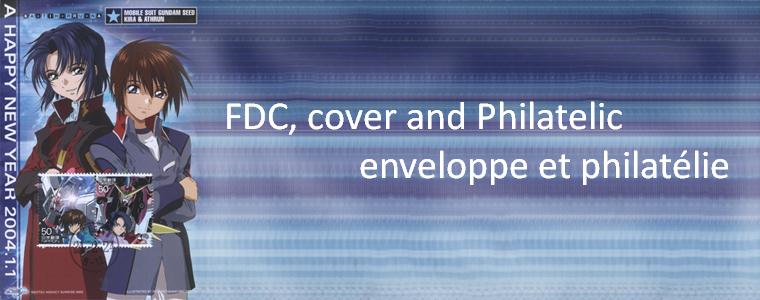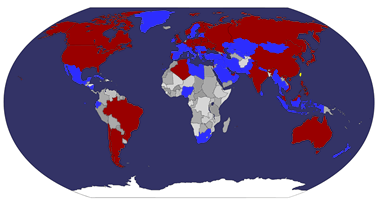20th Anniversary of Declaration of May 4th, 1990/
Le 20ème Anniversaire de Déclaration du 4 mai 1990
In the second half of 1980s Soviet leader Mikhail Gorbachev started to introduce political and economic reforms in the Soviet Union, called glasnost and Perestroika. In the summer of 1987 the first large demonstrations were held in Riga at the Freedom Monument- a symbol of independence. In the summer of 1988 a national movement, coalescing in the Popular Front of Latvia, was opposed by the Interfront. The Latvian SSR, along with the other Baltic Republics was allowed greater autonomy, and in 1988 the old pre-war Flag of Latvia was allowed to be used, replacing the Soviet Latvian flag as the official flag in 1990.
In 1989, the Supreme Soviet of the USSR adopted a resolution on the "Occupation of the Baltic states", in which it declared that the occupation was "not in accordance with law," and not the "will of the Soviet people". Pro-independence Popular Front of Latvia candidates gained a two-thirds majority in the Supreme Council in the March 1990 democratic elections. On May 4, 1990, the Supreme Soviet of the Latvian SSR adopted the Declaration On the Restoration of Independence of the Republic of Latvia, Latvian SSR was renamed Republic of Latvia.
However, the central power in Moscow continued to regard Latvia as Soviet republic in 1990–1991. In January 1991, Soviet political and military forces tried unsuccessfully to overthrow the Republic of Latvia authorities by occupying the central publishing house in Riga and establishing a Committee of National Salvation to usurp governmental functions. During the transitional period Moscow maintained many central Soviet state authorities in Latvia.
Barricade in Riga to prevent the Soviet Army from reaching the Latvian Parliament, July 1991.
In spite of this, seventy-three percent of all Latvian residents confirmed their strong support for independence on March 3, 1991, in a nonbinding advisory referendum. A large number of ethnic Russians also voted for the proposition. The Popular Front of Latvia had advocated that all permanent residents be eligible for Latvian citizenship. However, universal citizenship for all permanent residents was not adopted subsequently; not all those who had voted in support of independence received citizenship in the new Latvian state and became non-citizens. (The majority of non-citizens have since become naturalized citizens.) The Republic of Latvia declared the end of the transitional period and restored full independence on August 21, 1991 in the aftermath of the failed Soviet coup attempt.










.jpg)























 taiwan
taiwan  cover or postcard
cover or postcard  FDC
FDC 






























































































No comments:
Post a Comment